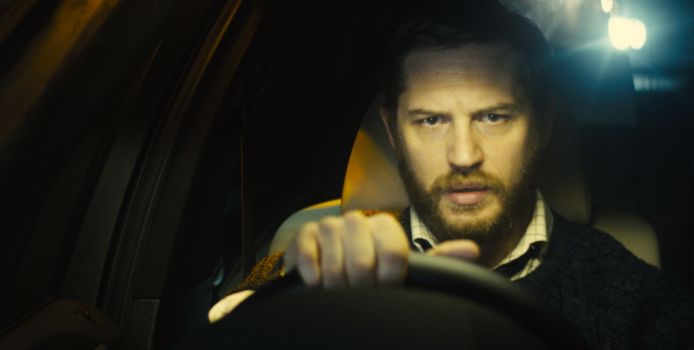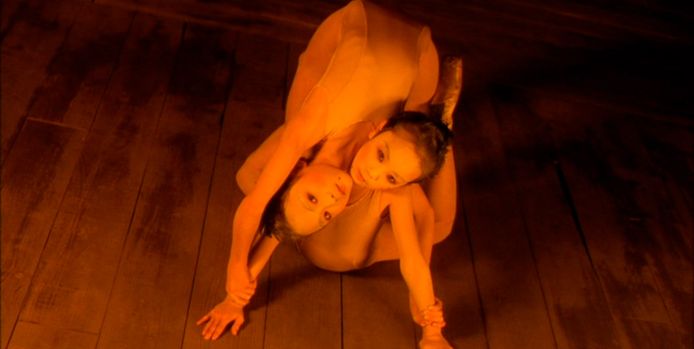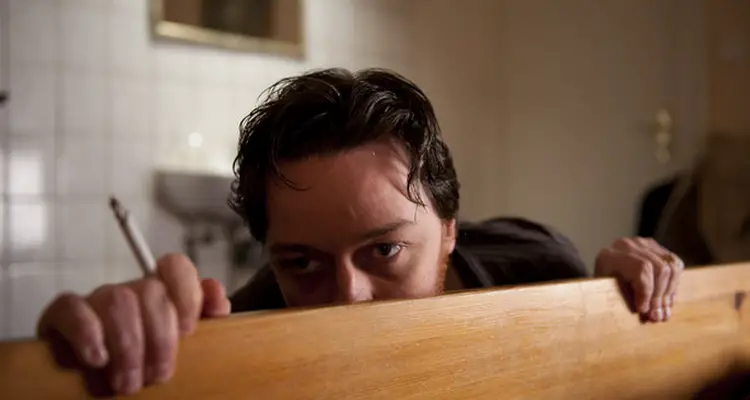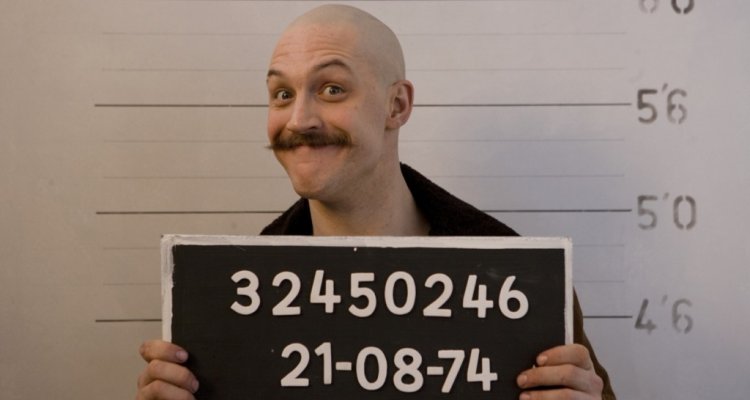United Kingdom

2014 should really be known as “The Year of the Biopic.” There have been films this past year that were based on many world-reknown icons, from Martin Luther King to Stephen Hawking to pop singer James Brown. And somewhere in the midst of all those comes the story of Alan Turing, a British mathematician that almost single-handedly won World War II.

Pretty much every big screen reboot of a beloved childhood TV show has been terrible. Yet for people with a certain nostalgia for it, they will end up loving it regardless of quality. I never watched the Teenage Mutant Ninja Turtles when I was growing up, which is why I can recognize that the recent Michael Bay-produced reboot is terrible, but a worrying amount of people I’m friends with can’t see it as anything other than an extension of what they loved when they were younger.

The Theory of Everything is the story of Stephen Hawking, reflecting his life from his early 20’s until decades later after he had become a world icon. It is at times overly romanticized, and tends to overlook certain elements of Hawking’s disease in order to instead focus on the obvious triumphs of his life. It is still a worthy film, though, and this is mostly due to Eddie Redmayne’s fantastic performance.
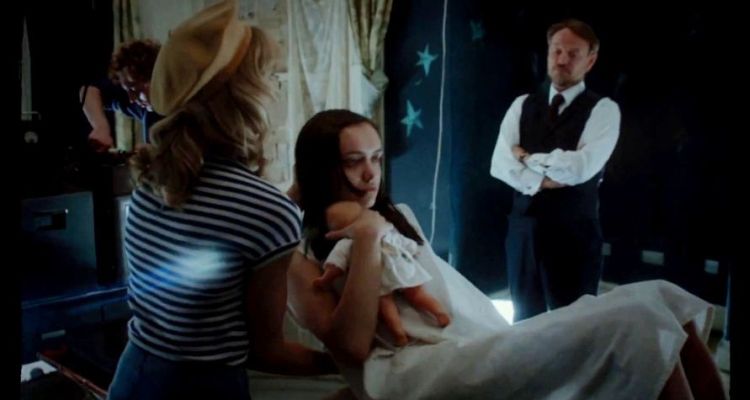
The Quiet Ones director John Pogue took a risk – inviting the viewer to follow along with Professor Joseph Coupland’s (Jared Harris) “experiment” to prove that the supernatural is simply a manifestation created in the minds of the mentally disturbed. What Professor Coupland and his team didn’t expect was a genuine haunting. The Quiet Ones was unexpected, different.
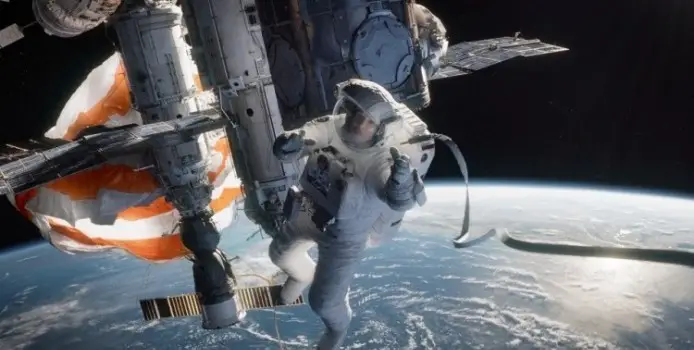
When I saw the first preview of this film, it appealed to me as a sci-fi thriller fan. I had every intention of going to the theaters to see it, but alas, I waited too long. Meanwhile, Gravity won several Academy Awards including Best Director, Best Cinematography, Best Visual Effects, and Best Original Score.

Last weekend I attended a screening of Jim Jarmusch’s latest production, Only Lovers Left Alive, at the Luna Leederville Cinema here in Perth (which, by the way, is a beautiful original 20’s art deco cinema). While I’ve only seen two of Jim Jarmusch’s movies (Coffee and Cigarettes and Dead Man), Only Lovers Left Alive has Jarmusch’s distinctly recognizable style: it’s dark, pretty, it’s gritty, and very witty (how’s that for rhyming?
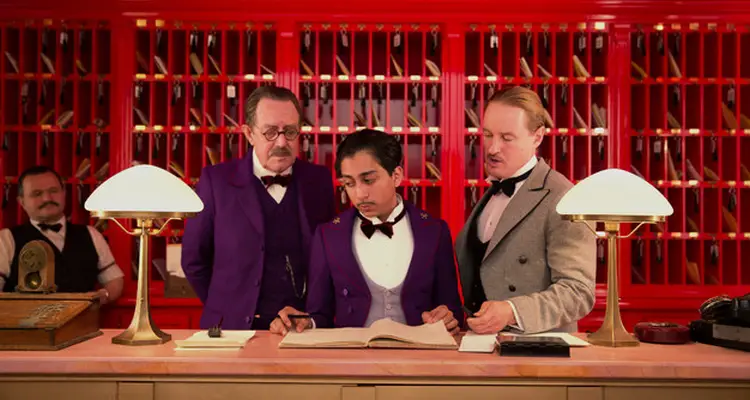
Wes Anderson can be an acquired taste. Settling on gathering enjoyment from his films can come after much deliberation as to whether he’s serious about the utterly finicky nature he employs in his chosen colour palettes, set construction, camera movements and scrupulous plot details. But his films carry far more value than the kind of hipster magnetism that seemingly oozes out of them.


